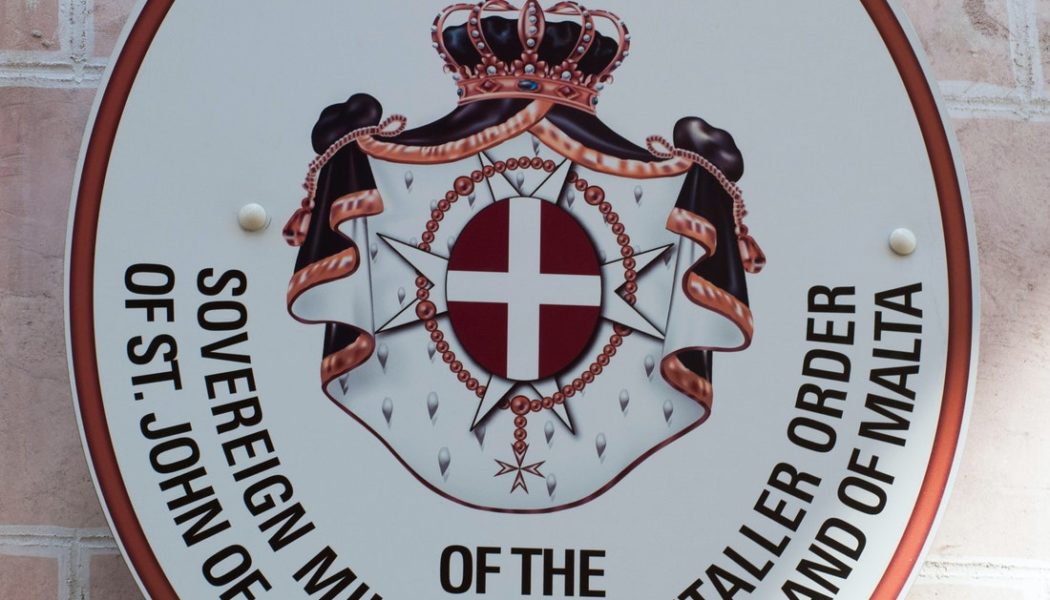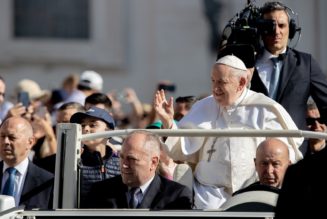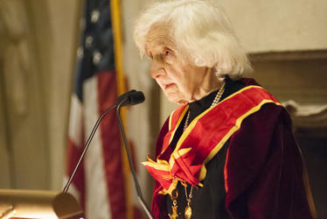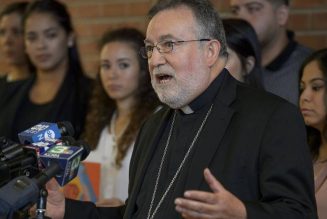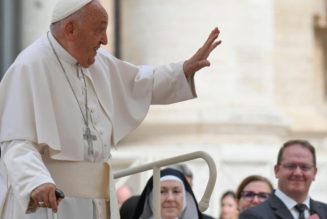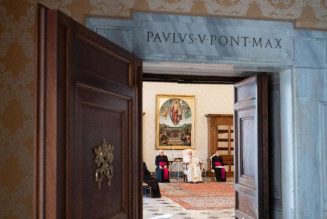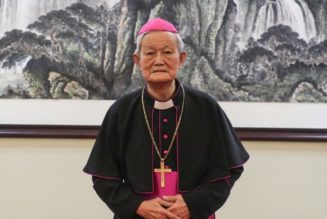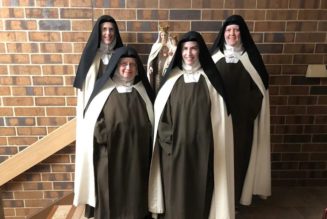Centuries of diplomatic independence for the Sovereign Military Order of Malta could come to an end if a new Vatican-drafted constitution for the order is put into effect. The new constitution could see the religious order lose its permanent observer status at the United Nations, and would imperil its bilateral diplomatic ties.
The new constitution, which would explicitly define the order as a “subject” of the Holy See, would end nearly a millennia of sovereign independence for the religious order, have sweeping implications for its diplomatic relationships with more than 100 nations and the United Nations, and impact its humanitarian work around the globe.
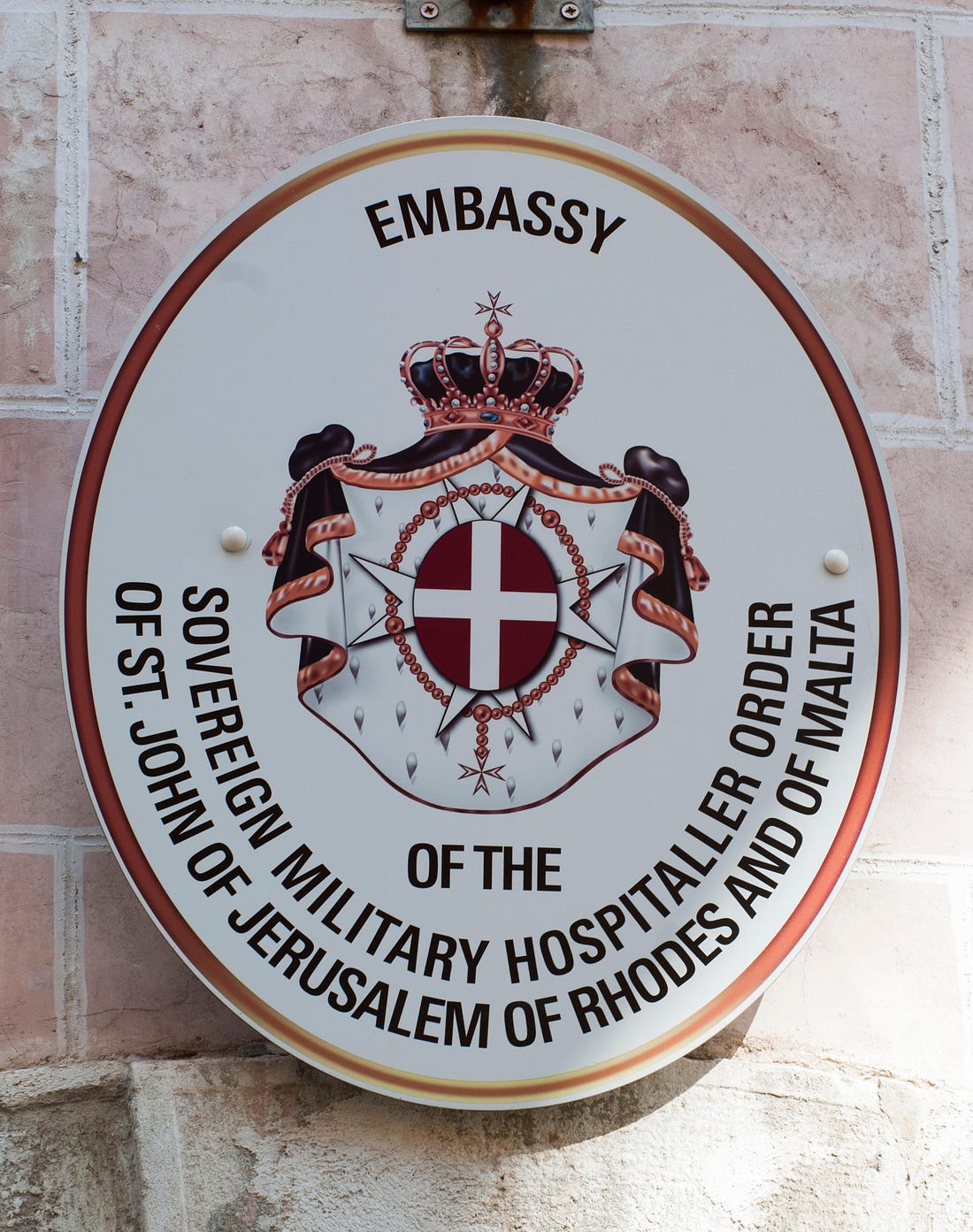
The new draft constitution, a copy of which has been obtained by The Pillar, was drawn up under the authority of Pope Francis’ special delegate to the order, Cardinal Silvano Tomasi. The cardinal was granted special powers in October, effectively authorizing Tomasi to govern the order by papal fiat — part of an effort to reform the nearly thousand year-old religious order, which has a unique relationship both to the Holy See and to the international community.
Article 4 of the order’s current constitution defines its relationship with the Holy See in the first paragraph: “The Order is a legal entity recognized by the Holy See.”
Its sovereign independence from the Vatican is further emphasized by the provision that the order “has diplomatic representation to the Holy See, according to the norms of international law.”
The revised version of that article, as drafted by the Vatican under Tomasi, now begins: “The Order is subject to the Holy See, which also recognises and protects it as an entity of international law. It enjoys ipso iure public juridical personality in the Church.”
The revised constitutional draft drops entirely the provision by which the order has diplomatic representation at the Holy See, like any other sovereign entity.
The proposed changes are significant because the order’s sovereignty in international law allows it to issue its own passports, and maintain bilateral diplomatic relations with more than 100 countries — both of which assist in its global humanitarian and medical missions.
The order has permanent observer status at the United Nations – the same kind of membership and recognition as the Holy See.
That status, and international recognition of the Order of Malta as a sovereign subject of international law, would be called into question if the order’s own governing constitution defines it as the subject of another power.
The order was proposed for permanent observer status at the UN in 1994.
The UN’s resolution on the subject was introduced by the ambassador from Italy, who noted that the order “is certainly not a non-governmental organization; nor is it a State, since it has no territory and no population of its own: it is what the Romans used to call a sui generis institutio, in the unique situation of having lost its territorial power two centuries ago but enjoying international recognition.”
That unique status, and the independence which goes along with it, was affirmed by the members of the United Nations.
But under the terms of the new constitution, with the order defined explicitly as a subject of the Holy See, that diplomatic independence would be functionally abrogated, and would likely trigger a review of its status at the UN and its diplomatic relationships worldwide.
For centuries, the Order of Malta has existed as a sovereign institution. It governed Malta itself until the island was invaded by Napoleon in 1798 and the order’s knights were forced into exile.
But even without territory, since the early nineteenth century the order has been formally recognized as a non-territorial sovereign entity in international treaties and law, affirmed by various governments, including the Holy See.
The order operates humanitarian relief efforts around the world. While it is a Catholic religious order, whose professed members make vows of poverty, chastity, and obedience, the order’s constitution has, to date, distinguished the religious loyalty of the order to the Church as a Catholic institution from its governing independence as a sovereign institution.
On Friday, sources close to the order’s headquarters in Rome confirmed to The Pillar that Vatican involvement in the order’s internal affairs has recently led to stalled diplomatic negotiations with at least one country. The sources expressed concern that other states might review their bilateral relationship with the Order of Malta if it is made clear that the order is not actually independent of the Holy See.
The order’s supporters say its diplomatic status is crucial to its humanitarian work in several countries around the world, as governments grant it access to operate as a neutral party in conflict zones. Its diplomatic independence in some regions is vital, especially the Middle East, where governments may be less willing to allow it to operate if it is seen as an arm of the Vatican, albeit under a different flag.
The new constitution, together with a new legal code, is set to be presented to the order’s leadership during a two day meeting beginning on January 25, after which Tomasi is expected to call a General Chapter of the order to adopt the new constitution later this year.
The order has been working toward a new constitution since 2017, when Pope Francis forced the abdication of the order’s Grand Master, Fra’ Matthew Festing in the course of an internal dispute between Festing and the order’s Grand Chancellor, Albrecht von Boselager.
After the abdication, the pope created the post of “cardinal delegate,” effectively side-stepping the traditional office of Cardinal Patron of the order, held by Cardinal Raymond Burke since 2014.
Francis initially named Cardinal Angelo Becciu to the role of special delegate to oversee the “spiritual and moral” reform of the order, but Becciu was forced to step down from that position when the pope ordered him to resign his curial offices and rights as a cardinal in September last year, amid allegations of abuse of office and financial crime. Tomasi was appointed in his place on Nov. 2, 2020.
After Festing resigned, Fra’ Giacomo Dalla Torre was elected to lead the order, but he died in 2020. For almost a year, the order has been led by Fra’ Marco Luzzago, who was elected Lieutenant of the Grand Master shortly after the appointment of Tomasi, and given full governing powers for a one-year term.
In October 2021, Francis granted Tomasi sweeping powers to govern the order directly, suspend its leadership, and make ad hoc changes to the composition and procedures of the Chapter General in order to see through constitutional reform of the order and the election of a new Grand Master.
Join Our Telegram Group : Salvation & Prosperity
